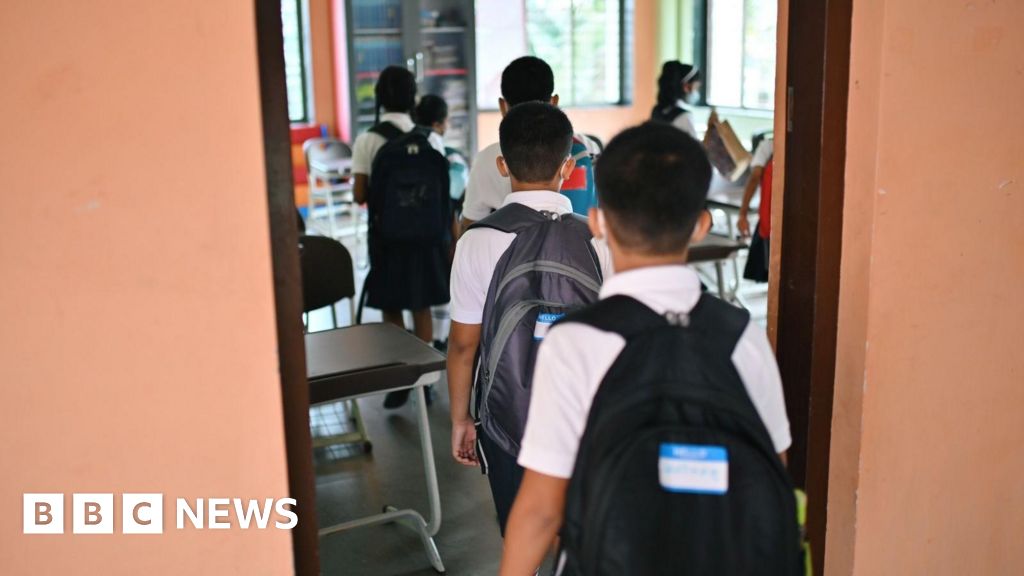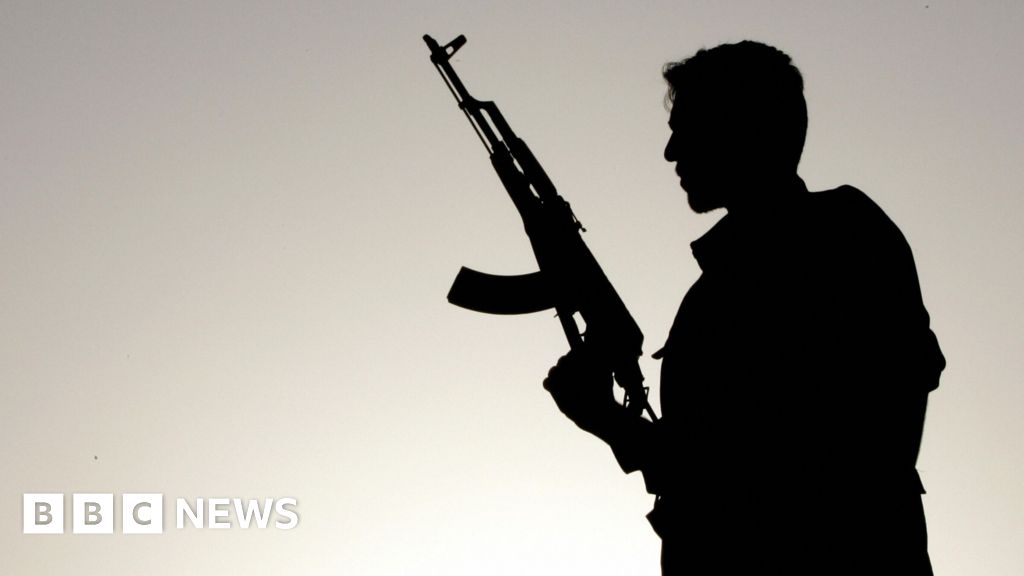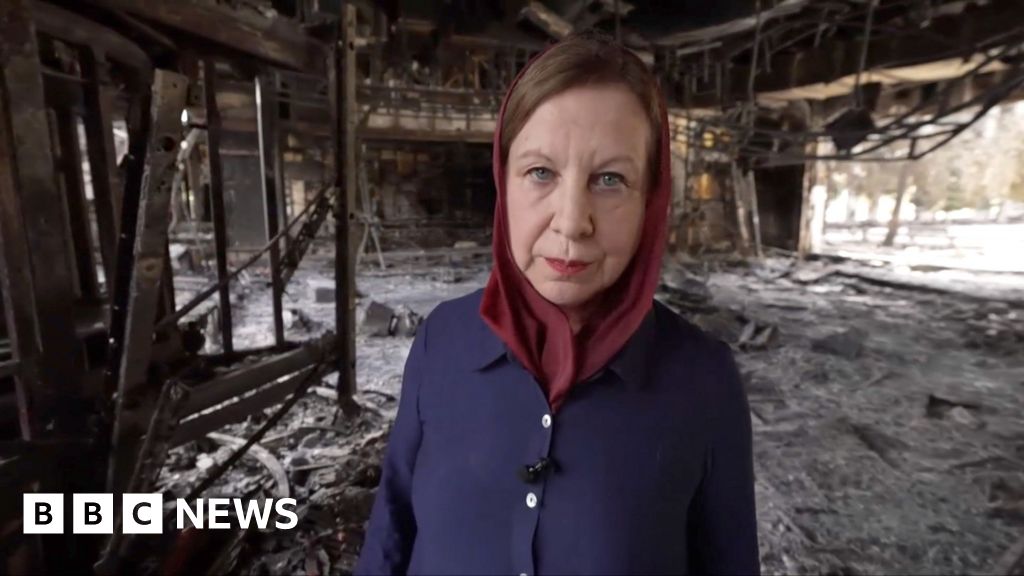Saudi Arabia and other Gulf states are sending their diplomats to try to de-escalate the conflict between India and Pakistan at a moment of particular global disarray.
India and Pakistan have been on a collision course for two weeks, after India accused its neighbor of involvement in a terror attack on April 22 in the Indian-controlled side of Kashmir, a region both countries claim. Indian airstrikes hit targets in Pakistan and the Pakistani-controlled side of Kashmir on Wednesday. The United States, which has played an important role during earlier moments of crisis, has so far remained on the sidelines.
While calls for de-escalation have come from around the world, a senior Saudi diplomat has had face-to-face meetings with both sides. Adel al-Jubeir, Saudi Arabia’s minister of state for foreign affairs, was in New Delhi on Thursday and went to Islamabad on Friday.
Pakistani leaders said they were also in constant touch with ambassadors from other Gulf states, including the United Arab Emirates and Kuwait. The foreign minister of Iran, another key regional player with close ties to both India and Pakistan, also made trips to both countries this week.
The Gulf countries have close ties and influence with both India and Pakistan.
The Gulf’s ties with India are bolstered by millions of Indian expatriates, a robust energy trade and converging economic agendas. Pakistan has long been a security partner, especially for Saudi Arabia, which has depended on Pakistani military expertise since the 1960s.
Both Saudi Arabia and the United Arab Emirates have helped in moments of previous escalation.
In 2019, after India launched airstrikes inside Pakistan in response to an attack in Indian-controlled Kashmir, the Emirates and Saudi Arabia sent their top envoys to help calm the tensions. The Emirates’ foreign minister, Sheikh Abdullah bin Zayed, flew to Islamabad and New Delhi. Saudi Arabia hosted both Prime Minister Narendra Modi of India and Pakistan’s then-leader, Imran Khan, within a month of each other.
Two years later, India and Pakistan issued a joint statement to uphold a long-ignored cease-fire along the Line of Control, the de facto border that divides Kashmir into regions administered by the two countries. The Emiratis hosted secret talks between Indian and Pakistani intelligence officials in Dubai to broker the thaw.
“They see mediation as a source of prestige and influence,” said Hasan Alhasan, a senior fellow for the International Institute for Strategic Studies, a think-tank based in Bahrain. “But it’s also a way to protect their own security and economic interests.”
Source link















